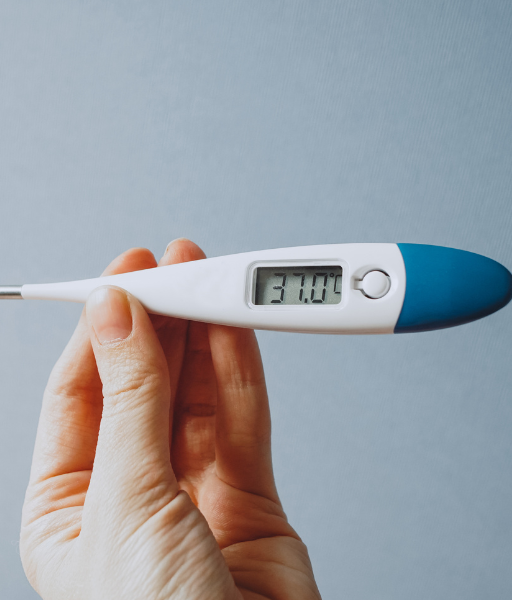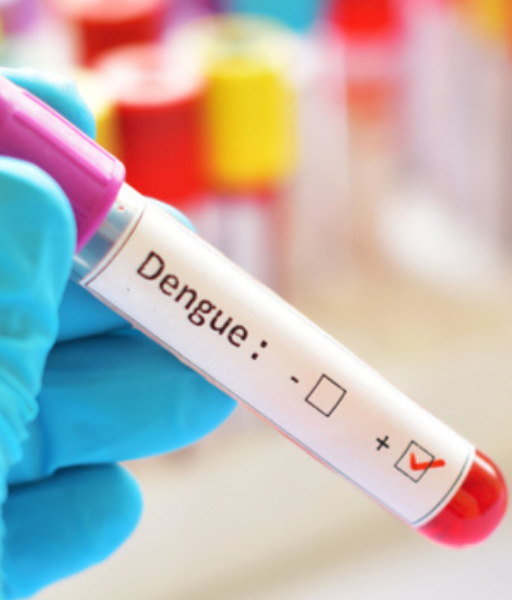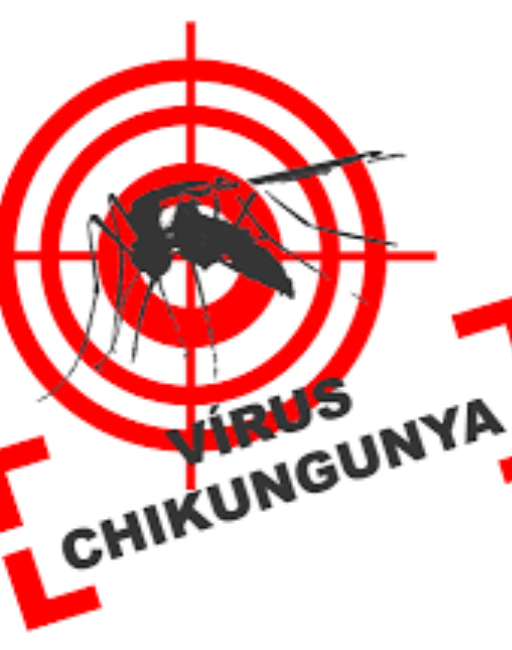How is Chikungunya Develops and manage ?
Development of Chikungunya
Chikungunya is caused by the chikungunya virus, which is spread primarily through the bites of infected Aedes mosquitoes, particularly Aedes aegypti and Aedes albopictus. Here is how the disease develops:
Transmission
- Mosquito Bite: When an infected mosquito bites a person, it transmits the virus into the bloodstream.
- Incubation Period: The virus incubates for 3 to 7 days before symptoms appear. During this period, the virus multiplies and spreads throughout the body.
Symptom Onset
- Early Symptoms: Initial symptoms include sudden high fever and severe joint pain. Other symptoms, such as muscle pain, headache, fatigue, and rash, typically follow.
- Acute Phase: This phase lasts about 1 to 2 weeks, during which symptoms are most intense.
Chronic Phase
- Persistent Symptoms: Some individuals experience prolonged joint pain and fatigue, which can last for months or even years.
- Complications: In rare cases, chikungunya can lead to severe complications affecting the neurological and cardiovascular systems.
Management of Chikungunya
There is no specific antiviral treatment for chikungunya. Management focuses on relieving symptoms and supporting the patient through the recovery process. Here are key strategies for managing chikungunya:
Symptomatic Treatment
- Pain Relief: Over-the-counter pain relievers, such as acetaminophen or ibuprofen, help manage fever and joint pain. Avoid aspirin, as it can increase the risk of bleeding.
- Hydration: Drinking plenty of fluids prevents dehydration, especially during periods of high fever.
Supportive Care
- Rest: Ample rest is crucial for recovery. Limiting physical activity helps reduce strain on the joints.
- Cold Compresses: Applying cold compresses to swollen joints can reduce inflammation and pain.
Medical Care
- Monitoring: Regular check-ups with a healthcare provider ensure that symptoms are managed effectively and any complications are promptly addressed.
- Physical Therapy: For those with persistent joint pain, physical therapy can improve mobility and reduce discomfort.
Prevention
- Mosquito Control: Reducing mosquito populations by eliminating standing water, using insect repellents, and installing window screens helps prevent the spread of chikungunya.
- Protective Clothing: Wearing long sleeves and pants can reduce the risk of mosquito bites.




